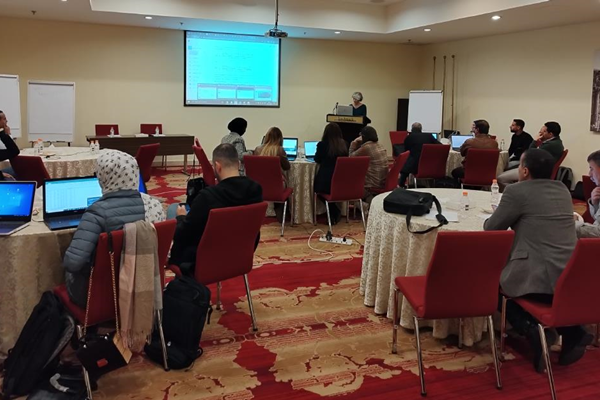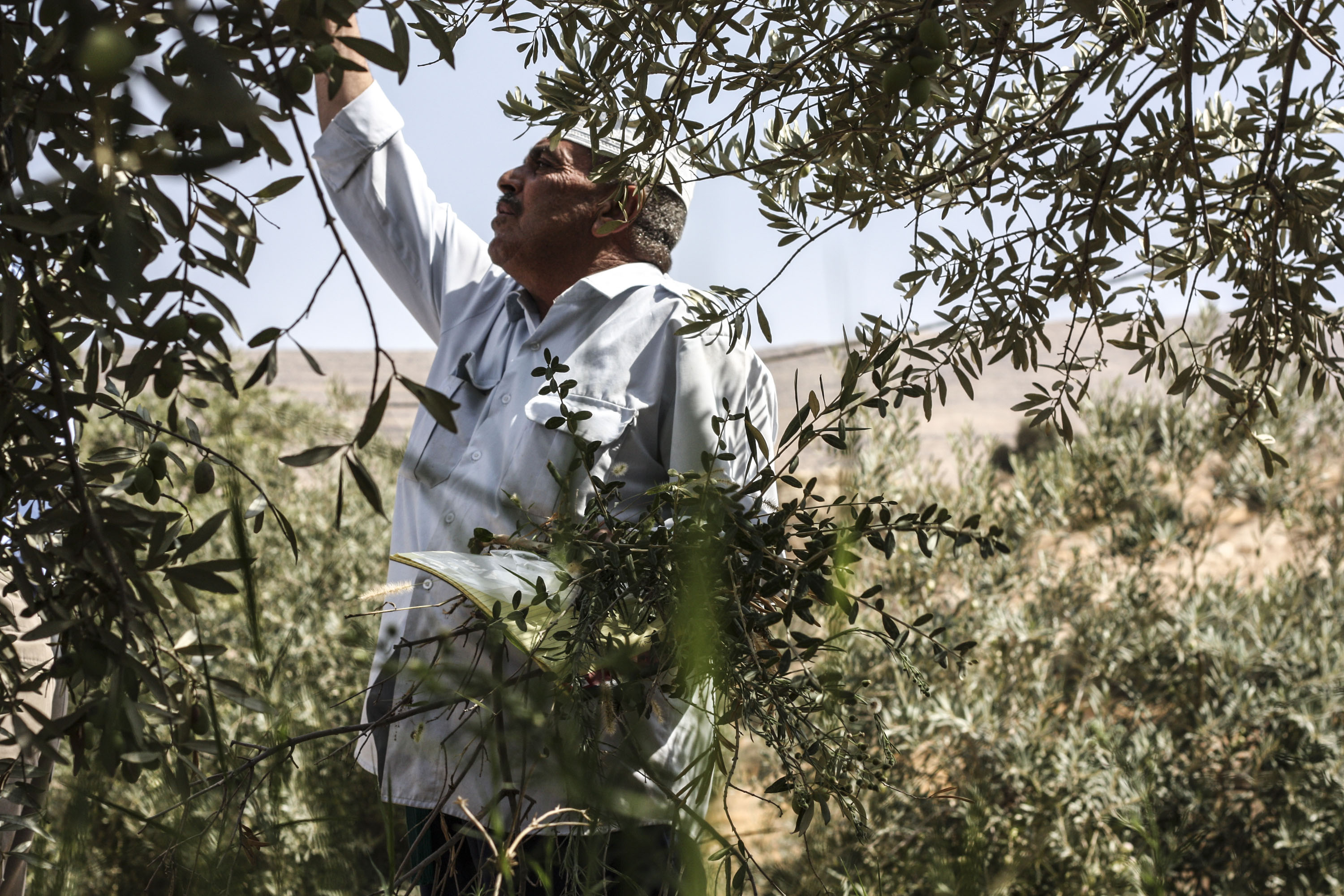 Jordan
Jordan
Latest news related to Jordan

Data validation workshop in Jordan
13/01/2023

Virtual technical workshop on Improved Water Allocation for Agriculture in the Arab Region
04/10/2022

WaPOR at the CIHEAM summer school program on EO for irrigation
19/09/2022
.tmb-th600x400.jpg?Culture=en&sfvrsn=7d71c7f3_2)
Introductory training for Jordanian and Palestinian stakeholders
08/07/2022
Resources and links
About Jordan
Jordan covers an area of about 89 000 km2 and is characterized by a mostly mediterranean climate (arid to semi-arid) with more than 90 percent of the country receiving less than 200 mm annual precipitation (ref). Jordan is one of the world’s most water-scarce countries where groundwater is a major water supply for domestic and agricultural sectors and contributes by around 55 percent to the total water usage (AQUASTAT, 2020). Currently, the groundwater situation in Jordan is critical as it is over-exploited and the level of the groundwater is continuously decreasing.
While agriculture represents only around 3 percent of the total land of the country, irrigation consumes about 51 percent of the country’s water resources. Water scarcity remains a major obstacle to agricultural development in the country while the demand on food is continuously growing due to the population growth and the influx of refugees from the surrounding countries.
In response to the water and agricultural challenges in the country, WaPOR phase 2 project aims to assist Jordan in the implementation of the following main activities identified in concertation with local stakeholders:
- Irrigation performance assessments for improving irrigation water efficiency and productivity,
- Groundwater assessment (abstraction and recharge) for its sustainable management,
- The integration of WaPOR data into the national water information system for more detailed water budget reporting,
- Capacity building and tools co-development
Project milestones:
July 2021 project inception workshop
January 2022: signature of LoA between National Agricultural Research Center and the FAO for development of a mobile app to assist farmers
July 2022: introductory training
January 2023: data validation workshop
Pilot areas
The project is implementing activities in two key agricultural locations. The first is the northern Jordan Valley, an agricultural are that mainly produces citrus, vegetables and other fruit. The second is the Jafer basin, located in the South of Jordan, which is characterized, by an arid climate and where the main crops are vegetables, fruit trees and olives.
WaPOR partnerships in Jordan
The Ministry of Water and Irrigation, along with its agencies (the Water Authority of Jordan [WAJ] and the Jordan Valley Authority [JVA]), is the primary project partner. WAJ manages water distribution and allocations in the Jafer area and the partnership with the project will focus on groundwater assessment and the integration of WaPOR data for thorough water budget reporting. The JVA manages the Jordan Valley's water distribution and, in the partnership with WaPOR, will concentrate on activities related to irrigation performance assessment at the scheme level.
The key partners for efforts linked to irrigation performance assessment at the farm level are the Ministry of Agriculture and the National Agricultural Research Center.

© FAO/Lucie Chocholata
